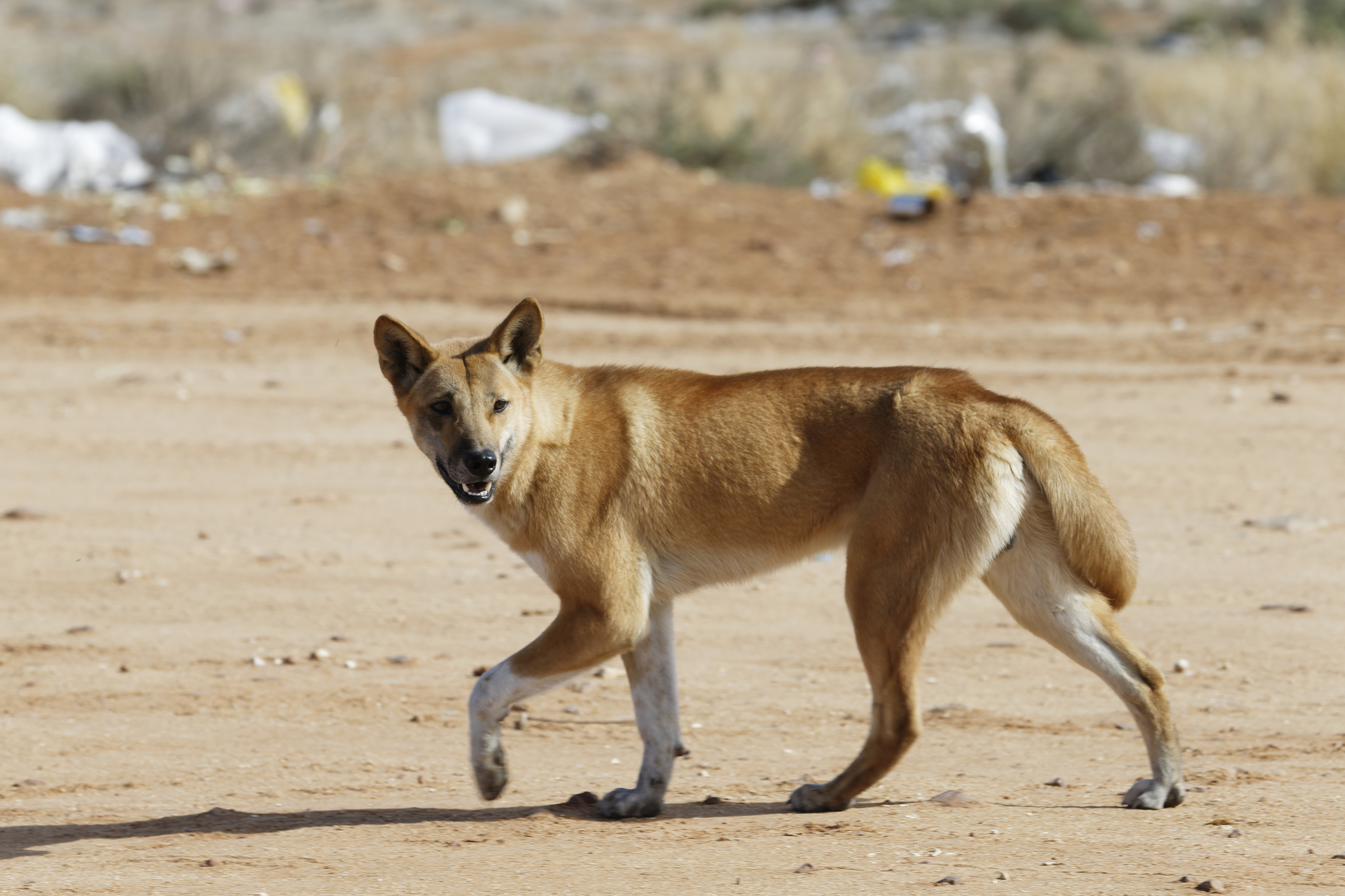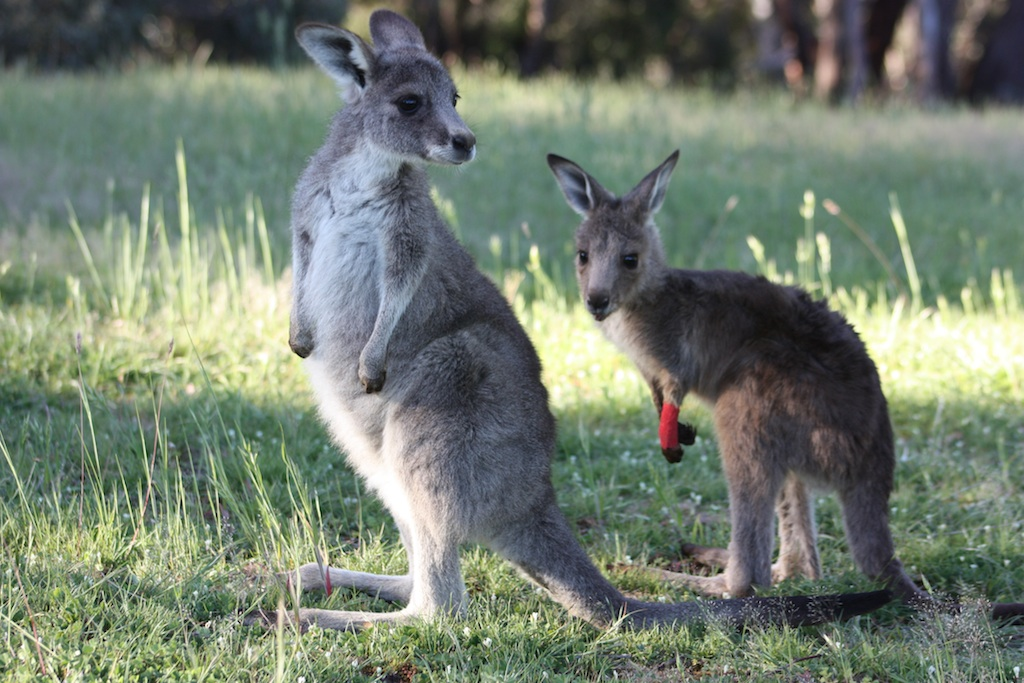Across Australia, dingoes are slowly being recognised for what they are: Australia's local apex predator with deep cultural significance and an important ecological role. Yet in many jurisdictions they continue to be subjected to widespread lethal control through baiting, trapping and shooting, due to policies that still classify them as pests or biosecurity threats. In 2023, Victoria ended...
Later this month, two Humane World for Animals Australia biologists, Dr Renae Charalambous and Lawrence Chlebeck, will travel to the ancient city of Samarkand, Uzbekistan to attend the 20th Meeting of the Conference of the Parties (CoP) for the Convention on the International Trade in Endangered Species (CITES).
As strange a location as it may seem to send a specialist in Australian native wildlife and a marine ecologist, come the end of November, governments and wildlife and policy experts from around the world will flock to the silk road city for this important triennial gathering.
Put simply, CITES is a UN international treaty where signatory nations decide if the trade in certain endangered species should be regulated or prohibited. The nations meet once every three years to decide if species should be added or subtracted from Appendix I (which prohibits trade) or Appendix II (which regulates trade).
Humane World for Animals has a proud legacy of supporting listing proposals for threatened species, having attended many CoPs over the decades. We encourage and assist government delegations, provide recommendations and facilitate cooperation, all with the objective of increasing protections for threatened species.
At every CoP, there are several proposals which are critical to avert species extinctions, and this CoP is no different. This year, our priority proposals fall into one of three categories: trophy hunting, the wild animal pet trade, and sharks and rays threatened by overfishing.
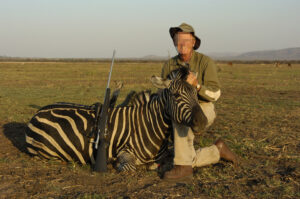
Trophy hunting
Trophy hunting is the insidious practice of hunting iconic animals for sport and keeping body parts for souvenirs. The most frequently trophy-hunted species are African mammals, and this year there are several proposals aimed at weakening protections, which we strongly oppose. Giraffe, southern white rhino, black rhino and African elephants all face this danger, and we are working hard to ensure trade in these animals is not allowed. Importantly, the okapi, a cryptic African forest-dweller and cousin of the giraffe, is proposed for increased protections.
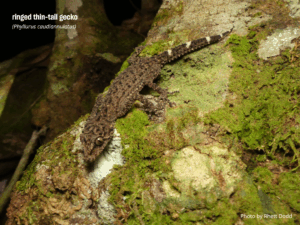
Wild animal pet trade
Several proposals at the CoP address species imperilled by the wild animal pet trade, an issue that is of great interest to Australia. Home to some of the world’s most unique birds and reptiles, Australia is a major source country for this multi-billion-dollar industry and the wildlife traffickers that feed it. To resist this increasing demand, Australia has nominated two species of endemic gecko, the Mount Elliot leaf-tailed gecko and the Bulburin leaf-tailed gecko, for increased protection. However, the export of wild animals for pets is not a problem limited to Australia as two-toed sloths, marine iguanas and land iguanas, are also proposed for increased protections. An important document that would strengthen the authority of home nations of endemic species has also been tabled, aiming to curb the capture and international sale of wild animals for the pet and collector markets.
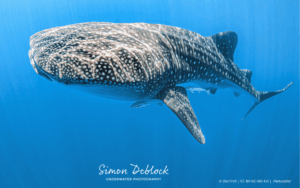
Sharks and rays
Many shark and ray populations around the world are in precipitous decline, and much of this is driven by international trade. Even species that have been listed on Appendix II to regulate trade have continued to suffer population reductions, such as oceanic whitetip sharks, manta and devilrays, whale sharks, guitarfish and wedgefish. We will fight to support further regulation of their global trade.
Often overlooked deep-sea sharks such as school sharks, smooth-hounds and gulper sharks are also in desperate need of trade regulation, to bring reckless exploitation under control. Gulper sharks have extremely high concentrations of valuable liver oil, which is in high demand from cosmetic, medical and wellness industries.
CITES is a critical tool for the global protection of internationally traded species. Opportunities to regulate or stop trade only come around once every three years, so it’s essential that we are there to make sure that governments vote the right way. While Uzbekistan may seem like a strange setting from which to advocate for the conservation of African, Australian and marine animals, that’s where the fight is, so that’s where we will be.
Follow us on social media for updates from the 2025 CITES CoP.

